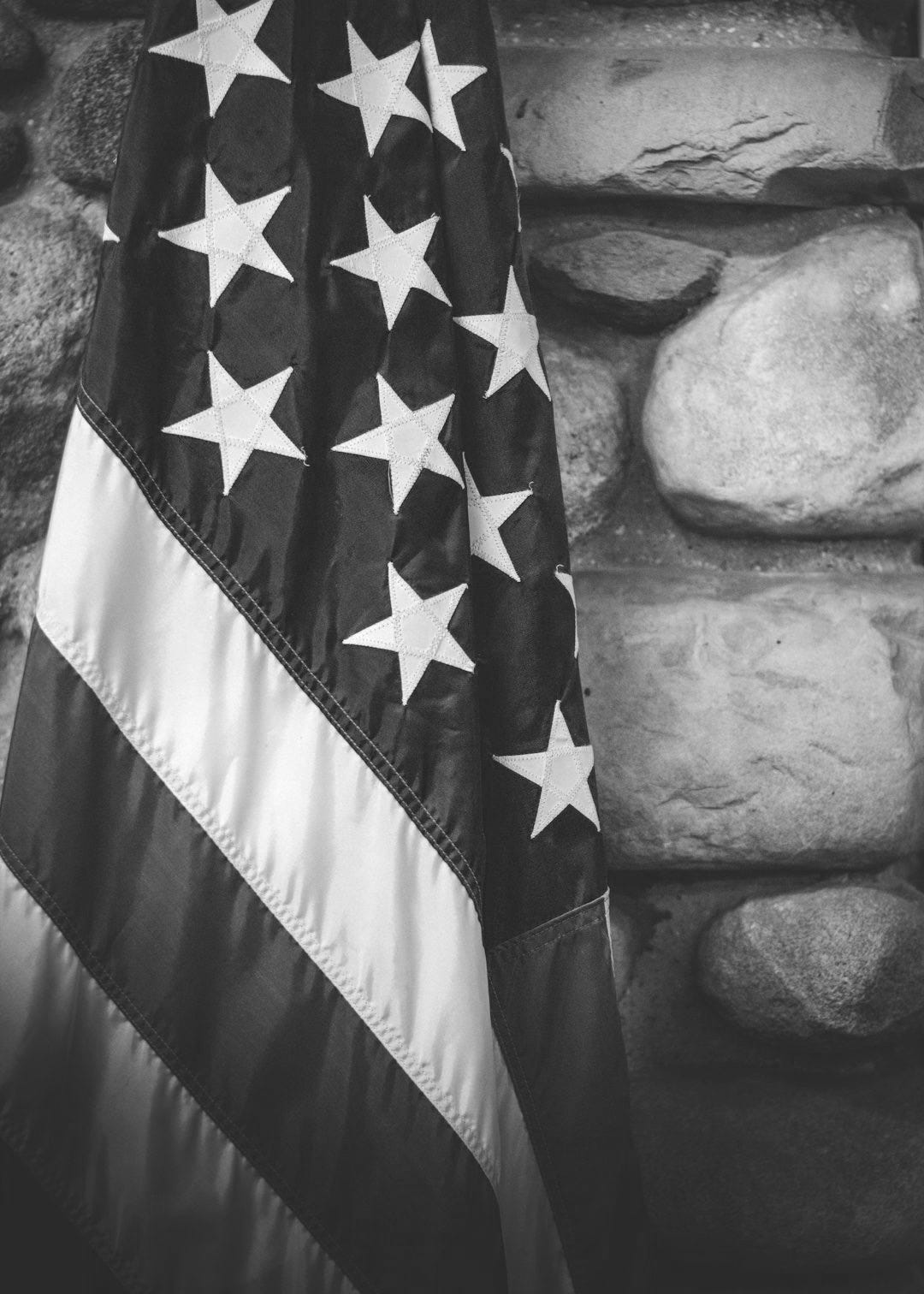The Memory that Liberates
Reclaiming the Buried Truth of Memorial Day and the Battle for America’s Soul

There is a kind of forgetting that wounds, and a kind of remembering that liberates.
Memorial Day, for many, is the start of summer: barbecues, mattress sales, flags waving on the highway. It’s become a long weekend steeped in red, white, and blue, and a sentimental honoring of “all who served.” That’s the tradition I’ve g…
Keep reading with a 7-day free trial
Subscribe to The Liberation Lens to keep reading this post and get 7 days of free access to the full post archives.


